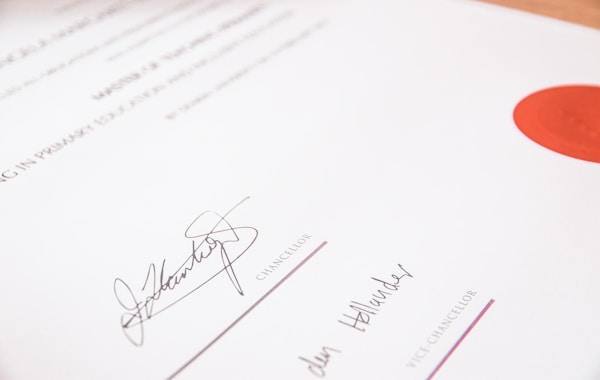If you have ever been through a background check for a job, then you know that employers can find out quite a bit about you. But what exactly can they find? In this article, we will take a look at what employers can learn from a background check, from criminal history to professional certifications. Although some background services can be very expensive, we recommend using a free background check to learn about arrest records, convictions, and bankruptcies of any potential employees or tenants. Their easy to use web portal provides users with complete access to real time, up to date data on 95% of people in the United States and their relatives.
Professional Licenses and Certifications

When an employer conducts a background check on a potential employee, they will likely look for any professional licenses or certifications that the individual may have. This is because these credentials can show that the individual is qualified for the job they are applying for. Professional licenses and certifications can also show that the individual has the necessary skills and knowledge to do the job. There can be a lot of information unveiled during a background check, but these licenses are crucial when applying of a new job.
Criminal and Civil Records

There are two types of records that employers can find in a background check: criminal and civil. Criminal records are any records that are related to crimes, such as arrests, convictions, and jail time. Civil records are any records that are not related to crimes, such as bankruptcy, child custody, and property ownership. Employers can find both criminal and civil records in a background check. Criminal records can be used to determine whether an applicant is a safe and trustworthy employee. Civil records can be used to determine an applicant’s credit score, financial stability, and character. Employers typically use background checks to screen applicants for jobs that involve working with money, children, or other vulnerable people. Background checks can also be used to screen volunteers and contractors.
A History of Complaints

When an employer is considering hiring a new employee, one of the things they will likely do is conduct a background check. This can include checking for any criminal history, as well as looking into any complaints that may have been filed against the individual in the past. If there are any complaints against the individual, the employer will want to know what the nature of those complaints were and whether or not the individual was found guilty or responsible for them. This can help the employer make a decision about whether or not to hire the individual.
The Company’s Privacy Policy

The company’s privacy policy is a statement of how the company will protect the privacy of its customers. It may include information about how the company collects, uses, and shares customer information. It should also include information about how customers can access their information and how they can update or delete it. When an employer conducts a background check on a potential employee, they are looking for information that may disqualify the individual from the position they are seeking. This can include criminal records, credit history, employment history, and more.
Employers typically gather this information through a third-party service that conducts a background check on the individual. The information gathered can then be used to make a decision on whether to hire the individual or not. There are a few things that an employer cannot find in a background check. This includes an individual’s race, religion, national origin, age, and sex. Additionally, employers cannot see an individual’s social security number, driver’s license number, or any other federally-protected information.
Overall, the importance of what an employer can find in a background check varies depending on the position being applied for. However, employers typically conduct background checks to ensure that the individual is qualified for the position and has no criminal history that could pose a threat to the company or its employees.














